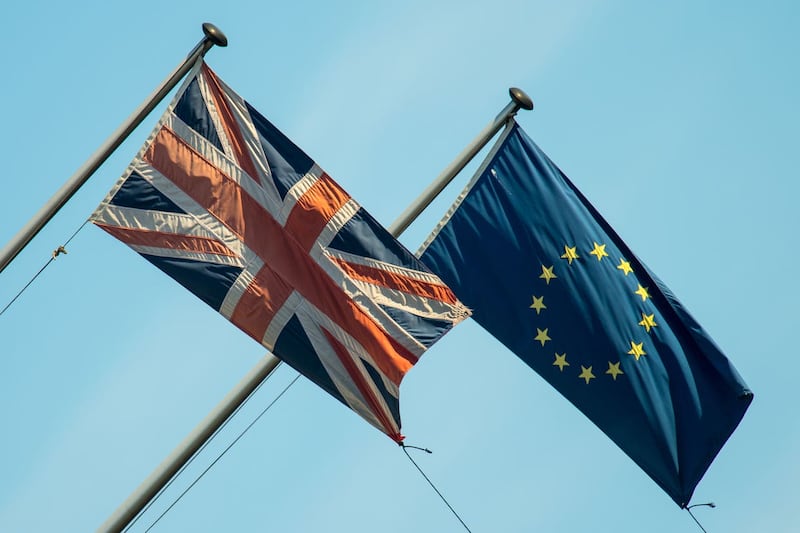“The world’s most exciting economic zone” was how Rishi Sunak described Northern Ireland back in February 2023.
He had arrived in the north on the morning of February 28 to promote the merits of the new deal with the EU, seeking to address frictions arising from the Northern Ireland Protocol.
Standing in front of an invited audience of business figures and dignitaries at Coca-Cola HBC’s Lisburn factory, the British Prime Minister said the Windsor Framework puts the north in an “unbelievably special position”.
“If we get this right, if we get this framework implemented, if we get the Executive back up and running here, Northern Ireland is in the unbelievably special position - unique position in the entire world,” he said.
For the EU, much of what had been agreed in 2019 to avoid a hard border on the island of Ireland, remained in place.
But Brussels did give way in other areas, allowing checks to be reduced on goods moving from Britain to Northern Ireland, courtesy of a green and red lane system, along with a new trusted trader scheme.
While it served to normalise relations between London and Brussels and offered businesses much needed clarity, the Windsor Framework continues to be a significant political issue in the north.
Northern Ireland’s unique status within the UK under the post-Brexit arrangements is anathema for many unionists, and it continues to be the main obstacle in the DUP agreeing to a return to power sharing.
In practice, business and trade continued in 2023.
Data compiled by the Republic’s Central Statistics Office (CSO) showed the value of goods moving north to south stood at €4.25 billion (£3.7bn) in the first ten months of 2023.
Although 3% down on last year, the value of cross-border trade has soared since 2021, and is almost €1bn up on the same ten months in 2021.
The value of goods moving the other way in the same period was unchanged at €4.12bn (£3.6bn).
But again, that was around €1bn more than the corresponding ten months in 2021.
Of course Brexit will remain a constant issue, particularly as the regulatory landscape in the UK and EU diverge.
But for some companies, business under the new arrangements is good.
Accounts published by transport firms McCulla and McBurney in 2023 showed both enjoyed record profits in the previous 12 months.
All the more interesting when it was senior figures in both who among the most alarmist business voices in the protocol discourse.
In February 2023, Danish shipping giant DFDS completed a £138m deal to acquire the McBurney Group.








